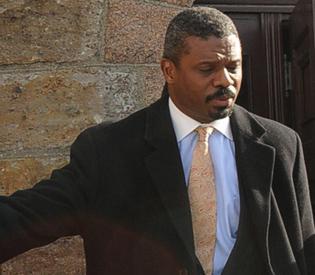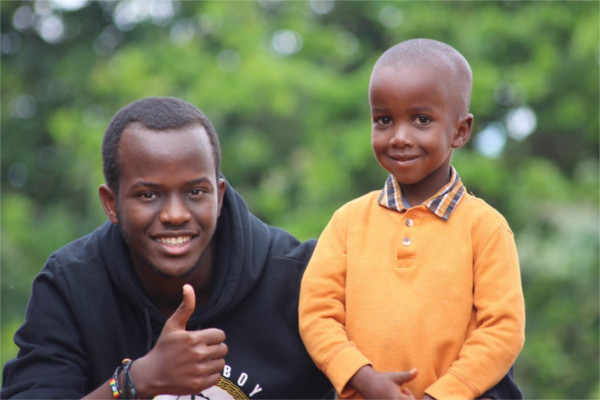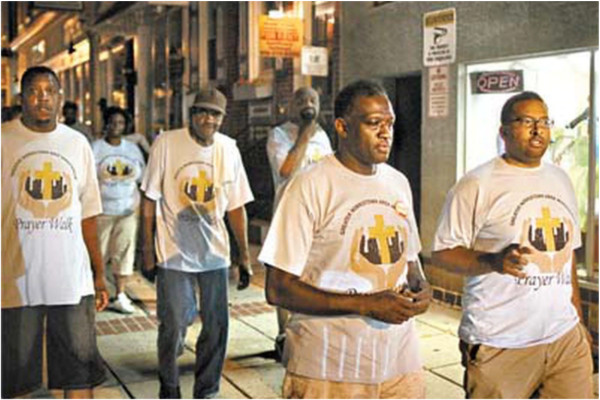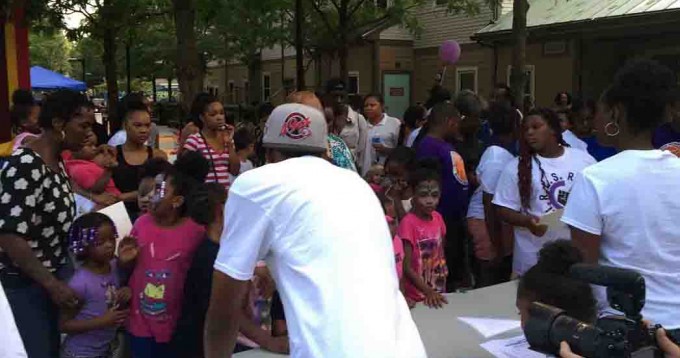Religious leaders and advocates for minority communities called on Gov. Deval Patrick Thursday to reject any redistricting maps that fail to “amplify” the voice of black, Latino and Asian residents of Massachusetts, arguing that they have long been underrepresented in Congress and in the state Legislature.
Through prayers and pointed pleas, members of the Boston clergy – including Rev. William Dickerson and Rev. Jeffrey Brown – joined former Green Rainbow candidate for governor Jill Stein, Rep. Denise Andrews (D-Orange) and redistricting activist Kevin Peterson to demand “fairness” and “justice” for minorities as lawmakers redraw political boundaries.
“I believe, and I am praying, that the plans that come out are going to be fair and equitable,” said Tito Jackson, a member of the Boston City Council.
Participants in the “faith-based event” stood in front of the Robert Shaw Civil War Memorial and pointed collectively at the State House to emphasize at whom their message was aimed.
Members of the Legislature’s Redistricting Committee are eyeing an October release of a proposal to redraw the state’s Congressional and state legislative districts, a task complicated by the loss of one of the state’s 10 Congressional seats due to national population shifts. The committee has held more than a dozen hearings around the state this year to gather feedback on potential district boundaries.






